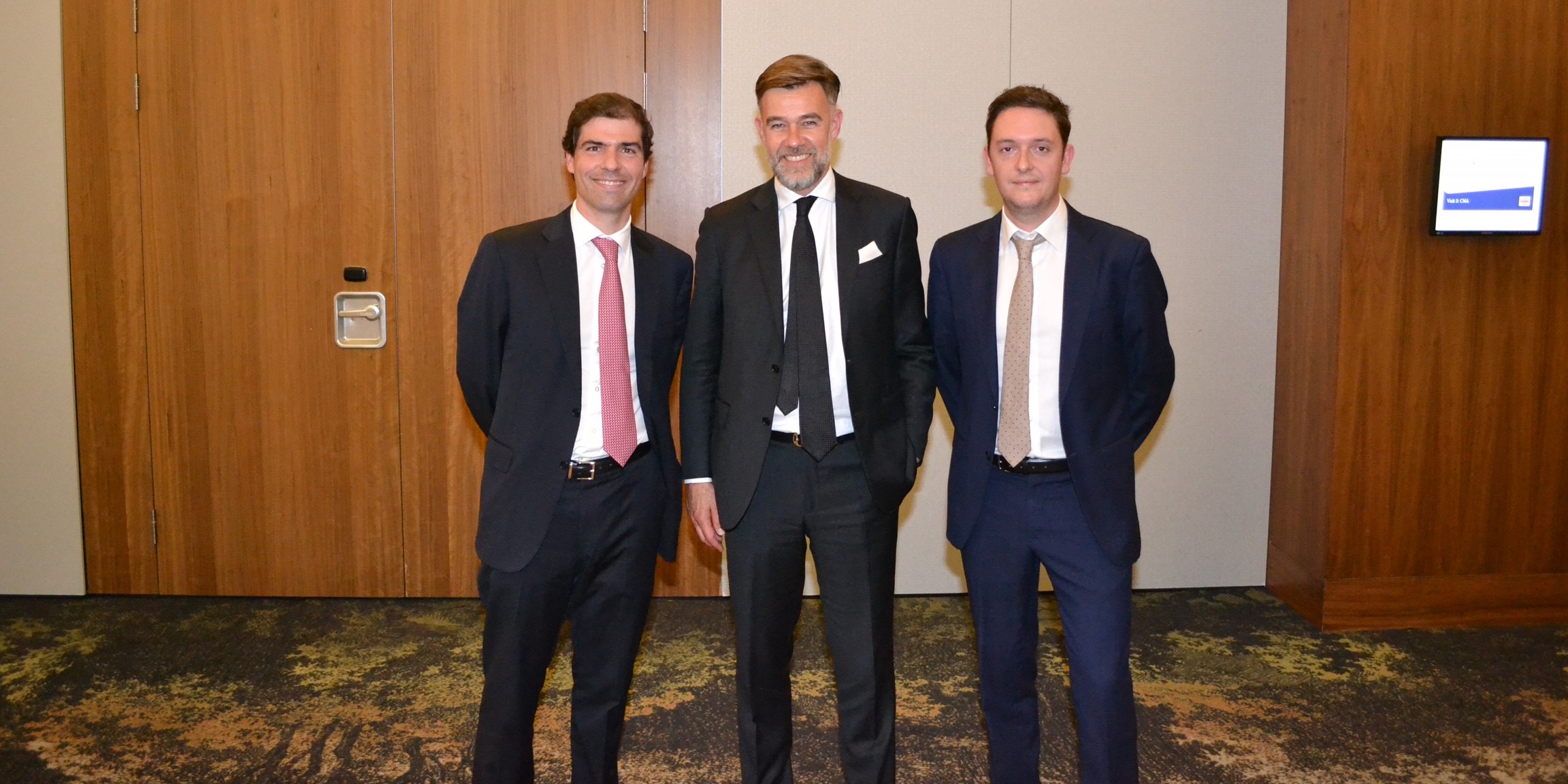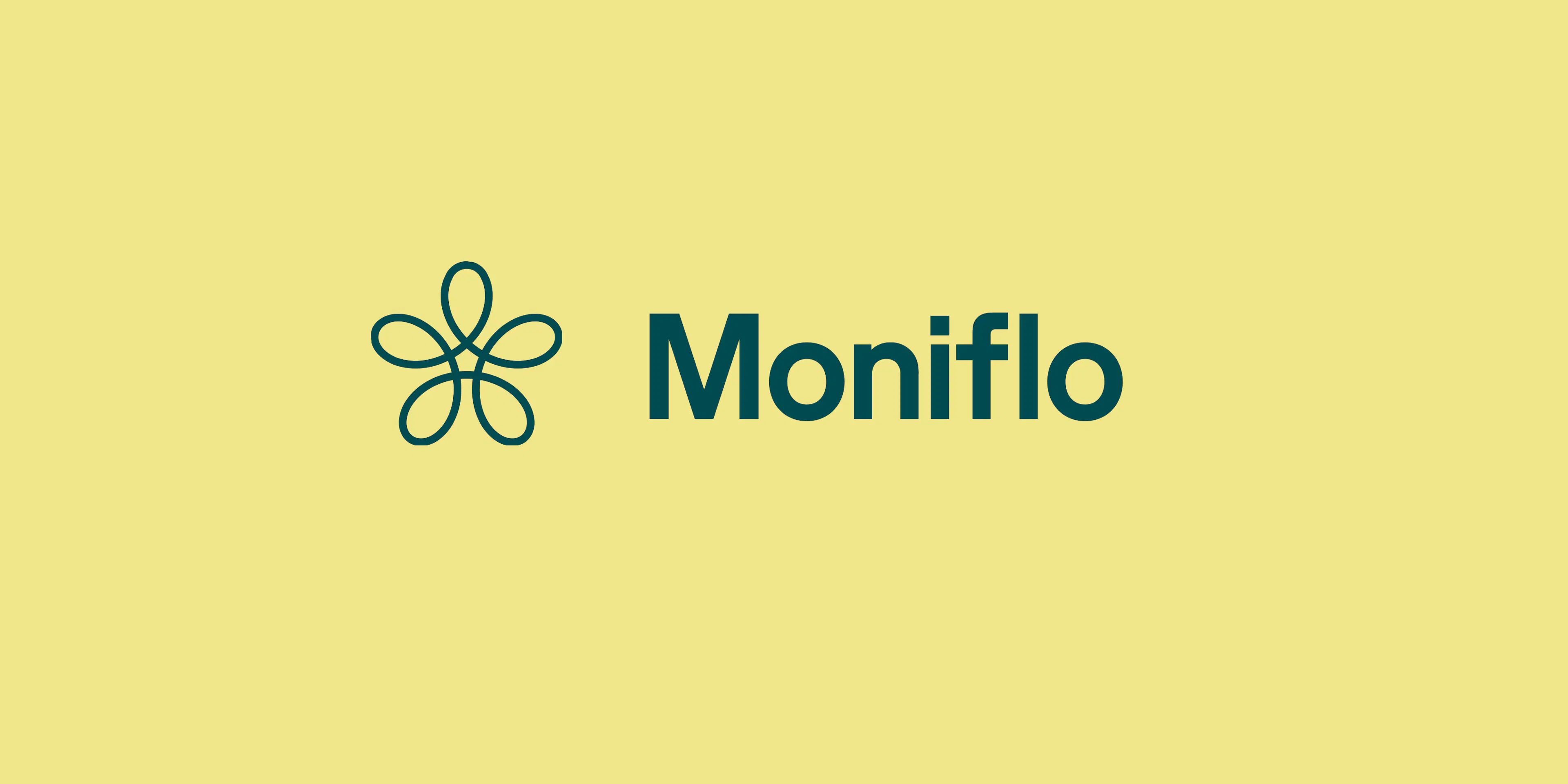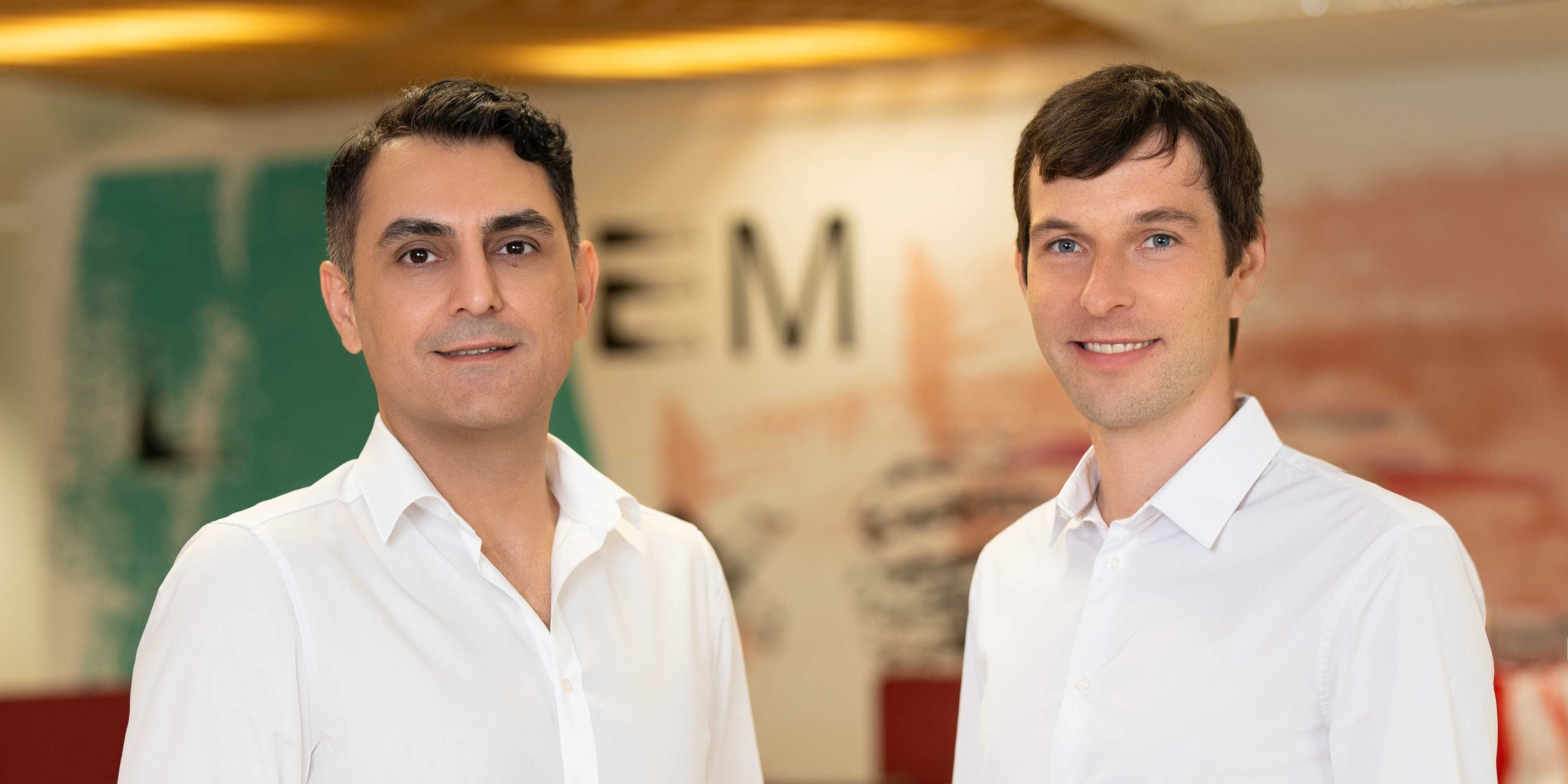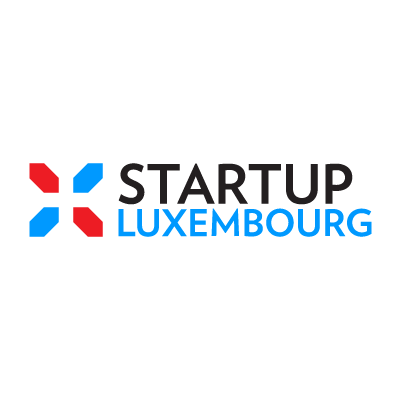The robot-advisor developed by the Luxembourg-based fintech Investify was chosen by the German Catholic Church bank Pax-Bank to offer tailor-made investment advice to its clients. Christian Kratz, founder and Managing Director at Investify, tells us why.
The German Catholic Church bank is not just any customer. How did you succeed in working together?
"One of our investors is a member of the archdiocese of Berlin. He is the one who put us in touch with Pax-Bank, which has its head office in Cologne, where we also have our German offices. Like all banks, Pax-Bank has investment funds and has a great experience in this field, since it was founded more than 100 years ago. Pax-Bank was looking for a digital tool to offer its clients personalised and 100% sustainable investment portfolios. We have developed Pax Investify, a 100% digital advisor robot based on our technology but integrating their criteria.
Did you face any specific challenges with this client?
"Since it belongs to the Catholic Church, one might believe that it is a different sort of bank. However, it is a customer like any other for us. It offers financial services and like all banks, it seeks to innovate to remain attractive. It has between 5 and 6 billion euros in assets under management. We are used to working with companies on a B2B model.
Investify and its robot advisor was initially aimed at individuals...
"Prior to founding Investify, I was an asset manager for 20 years and set up a consultancy company that offered its services to clients with a minimum of €1 million to invest. I created Investify in 2015 with the idea of offering the same investment advice to everyone, thanks to new technologies. Thereby be able to manage 5,000 euros just like a million.
However, we realised that to be successful with a B2C model, we needed a lot of marketing and it was difficult to target our potential clients. Therefore, in 2017, we changed our approach to a B2B model where we offer our technology as a white label. Since then, we have been growing every year. In 2020, we have already increased our number of customers by 4, as well as our revenues. We employ 25 people. Our B2C offer is always available, but we mainly use it as a showcase for our prospects.
What exactly does Investify offer?
"Investify is an investment advisor robot that allows users not only to register in front of their computer, without having to move around, thanks to a webcam data verification system, but also to choose with great precision what they want to invest in. We offer a wide range of investment choices to our customers. This can be a particular sector or geographical area, or even a specific raw material. Everything is personalised, unlike our competitors who focus mainly on the risk profile.
What does it looks like more concretely?
"Following the Covid-19 crisis, for example, we created two new investment products to meet two completely different expectations of our customers. The first is called “Still stay at home” and is aimed more at young people for whom this crisis will profoundly change behaviour in the long term. We propose investments in companies that develop tools for home office, gaming, e-commerce, etc. The second is quite the opposite. It implies that the economy will back to normal after the crisis. So it proposes very classic investments such as tour operators, airlines, oil companies... We have named it “Corona recovery”.
Why did you choose Luxembourg to create Investify?
"I arrived in Luxembourg in 2006 with the first consulting firm I had created, because Luxembourg is a leading financial centre. When I set up Investify, I didn't know all the support there was for start-ups. However, I was able to benefit from the support of Young innovative entreprise (YIE), which was a big plus for us.
It is also worth mentioning that the digital infrastructure here is highly developed, more so than in Germany. The government is clearly interested in attracting creative startups and is betting a lot on digital.
Also, the size of the country and the ecosystem allows us to be not just a number, but a project. For example, we were part of a delegation on a state visit to Finland in 2016. I doubt it would have been possible in Germany for a small startup like ours."
Stay tuned!
Sign up now and receive the latest news about our ecosystem into your inbox.
You May Also Like
These Related Stories

HR tech company skeeled announces new partnership with Banco de Investimento Global

Moniflo closes 3 million euros capital raise to accelerate product development




